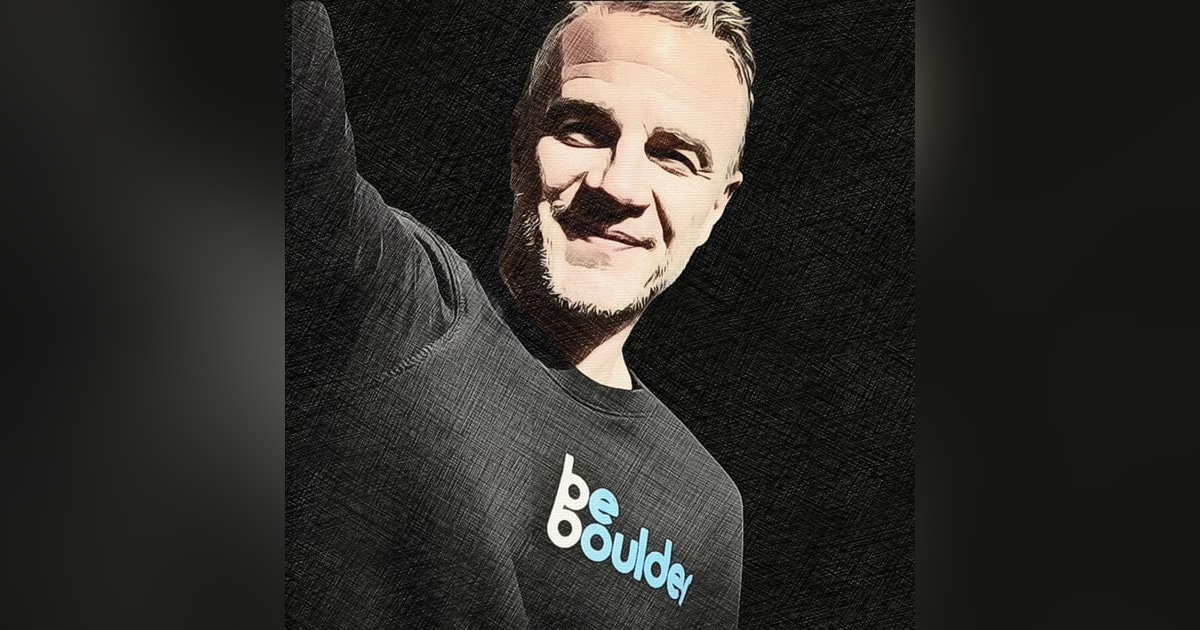#59: Culture. With Drs Dave Nicol and Dermot McInerney

Culture. It can be hard to put your finger on it, yet in the setting of a vet practice, it permeates the work areas, floats into reception and beyond and ricochets off the walls. You can feel it when you walk in the door. Long ago I sat in the reception area waiting for my interview at a practice where I ended up spending many years of life. I distinctly remember sitting there and thinking: "I don’t like the feel of this place." It took me more than a decade to figure out that what I felt that day was a broken culture.
So what do we do about it? That's the question we ask of our guests for this episode. We're joined by Dr Dave Nicol - author, speaker, coach, doctor, practice owner, head vet, podcaster, and founder of VetX International and his teammate Dr Dermot McInerney. Dermot serves as the VetX International Head of Veterinary Partnerships and Research, and is the main author of the VetX research article "Leadership actions and their effects on veterinary practice culture", and it's this article and the concepts around it that we got together to discuss. Dave and Dermot answer important questions, like the current crisis that the vet profession finds itself in, the role bad culture in this crisis, what toxic workplace behaviour looks like, how leaders can help create thriving workplace cultures, and why you don't have to a 'leader' to influence culture.
Go to thevetvault.com for show notes and to check out our guests’ favourite books, podcasts and everything else we talk about in the show.
If you want to lift your clinical game, go to vvn.supercast.com for a free 2-week trial of our short and sharp high-value clinical podcasts. And if you join up for an annual all-in subscription before 18 January 2022 we'll send you a free MiniVet Guide to help you start your year in top form.
We love to hear from you. If you have a question for us or you’d like to give us some feedback please leave us a voice message by going to our episode page on the anchor app and hitting the record button, via email at thevetvaultpodcast@gmail.com, or just catch up with us on Instagram.
And if you like what you heard then please share the love by clicking on the share button wherever you’re listening and sending a link to someone who you know will enjoy listening.






